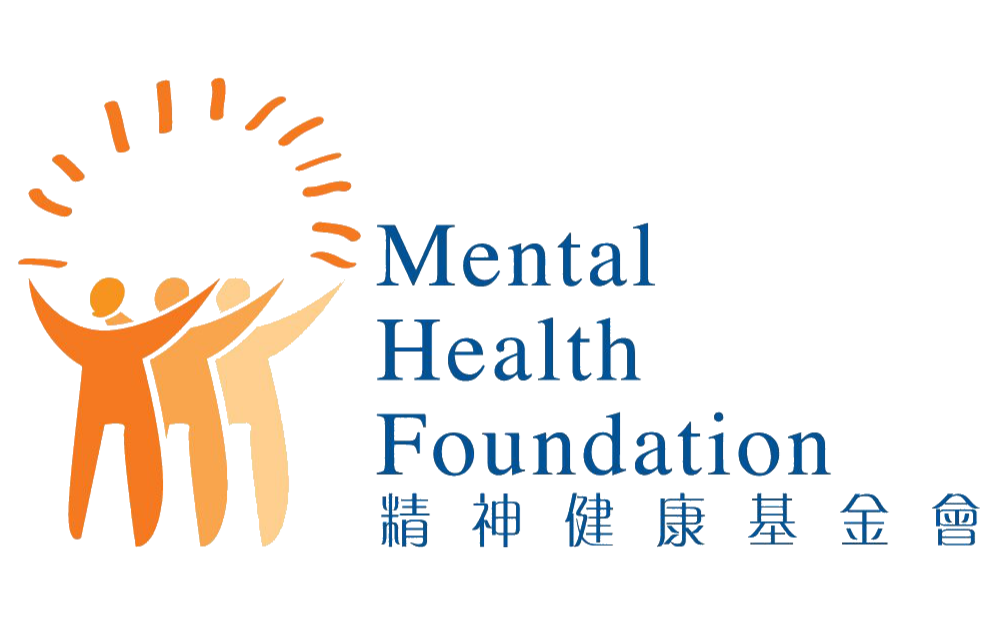Nowadays we often hear others talking about adopting a Buddha-like mind-set to life, be it in pursuing romantic relationships or in finding work. What exactly is a Buddha-like mind-set and how does it relate to our spiritual wealth or mental health? Let’s explore this together!
According to Wikipedia, “Buddha-like mindset” is a trending buzzword among Chinese online communities. It started to come up more frequently on the Chinese internet and media around 2018. In the context of Chinese linguistics, it generally refers to a way of life that is tolerant of anything, indifferent, and free from desire or ambition.
No doubt, some people felt that a Buddha-like lifestyle is too passive and lacks motivation, and I feel the same about it too. However, prior to motivating ourselves, we should also avoid giving ourselves too much pressure, or else we might get half the result with twice the effort, leading to physical and mental fatigue, being unable to relax and enjoy life as we wish.
In 2019, the World Health Organization commissioned the Hong Kong Public Opinion Research Institute to conduct a survey on mental and physical health indicators. The questionnaire included the following five questions:
1. How often do I feel cheerful, in good spirits?
2. How often do I feel calm and relaxed?
3. How often do I feel active and vigorous?
4. How often do I wake up feeling fresh and rested?
5. How often has my daily life been filled with things that interest me?
In the first two questions, we can see emotional words related to calm, serenity and relaxed mood. These adjectives are mostly associated with stress. Most of the time, stress has a negative impact on our general wellbeing, and to some extent, a Buddha-like lifestyle can help relieve stress and relax our minds.
So does that mean we need to adopt a strict Buddha-like lifestyle? Let’s not jump to early conclusions…
When we read the third question, we may find that a life full of energy and vitality may not necessarily come from a Buddha-like lifestyle. As mentioned earlier, a Buddha-like lifestyle may be too passive or overly negative, which can lead to a lack of energy and not truly promoting mental and physical health. Therefore, we need to maintain a balance between stress and motivation. We should not give ourselves too much pressure, but continue to remind ourselves to maintain a positive and proactive attitude towards life. Only then can we have the drive to do things, live a happy and fulfilling life, and achieve true mental and physical well-being.
Exercising is an excellent way to boost our energy levels. Numerous scientific studies have shown that exercise can increase blood flow to the brain, making us feel more energetic and providing nutrients to the brain. At the same time, exercise can promote metabolism and relieve long-term high levels of stress hormones. Exercising during the day can also help improve the quality of our sleep at night.
Furthermore, when we exercise, the brain releases a large amount of endorphins, also known as “happy hormones.” Endorphins are hormones secreted by the pituitary gland that have pain-relieving effects. Hence, when we experience injuries or trauma, we stop feeling pain after a short while because of this happy hormone. After a certain level of muscle training, we experience muscle soreness, which prompts our bodies to release endorphins, and in turn reduce pain and make us feel happy. This is why many people enjoy exercising.
Therefore, to achieve mental and physical well-being, we must first remind ourselves to relax; and secondly, to develop a positive and proactive attitude in life. Having a positive outlook and having adequate exercise help get us closer to having an enjoyable life.
For more information on mental health, please visit our foundation’s mental health information platform at eplatform.hkmhf.org
Special thanks to the Jebsen Group Charitable Fund for their support and to Dominic (NASM-Certified Personal Trainer)


